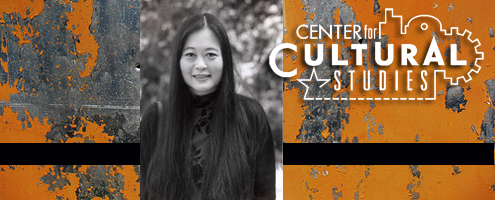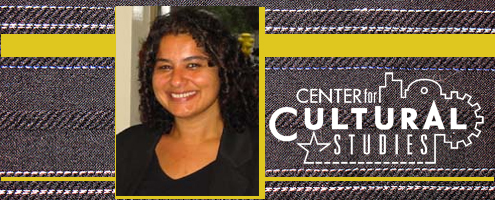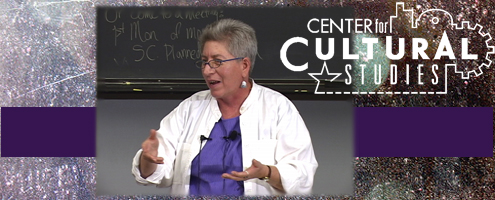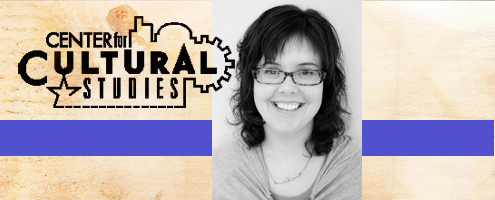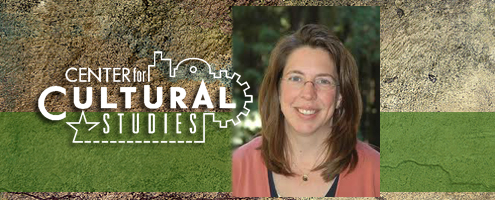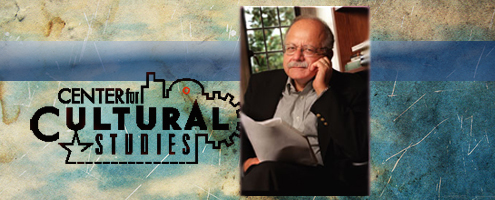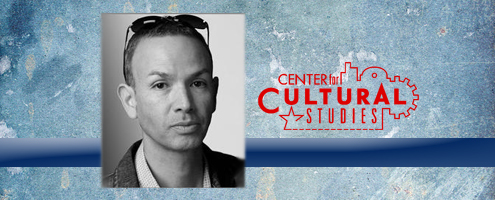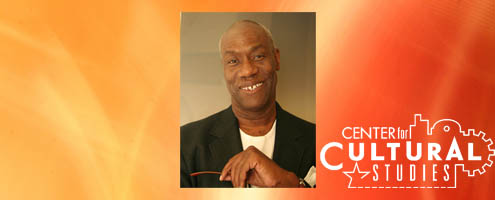Author of African Intimacies: Race, Homosexuality and Globalization (Minnesota 2007), Professor Hoad is working on a book about representations of the HIV/AIDS pandemic in sub-Saharan Africa. He focuses on A.S. Mopeli-Paulus and Peter Lanham’s Blanket Boy’s Moon to amplify the dissonances between culture and law on the terrain of sexuality.
Neville Hoad is an Associate Professor of English and Women’s and Gender Studies at UT Austin.


